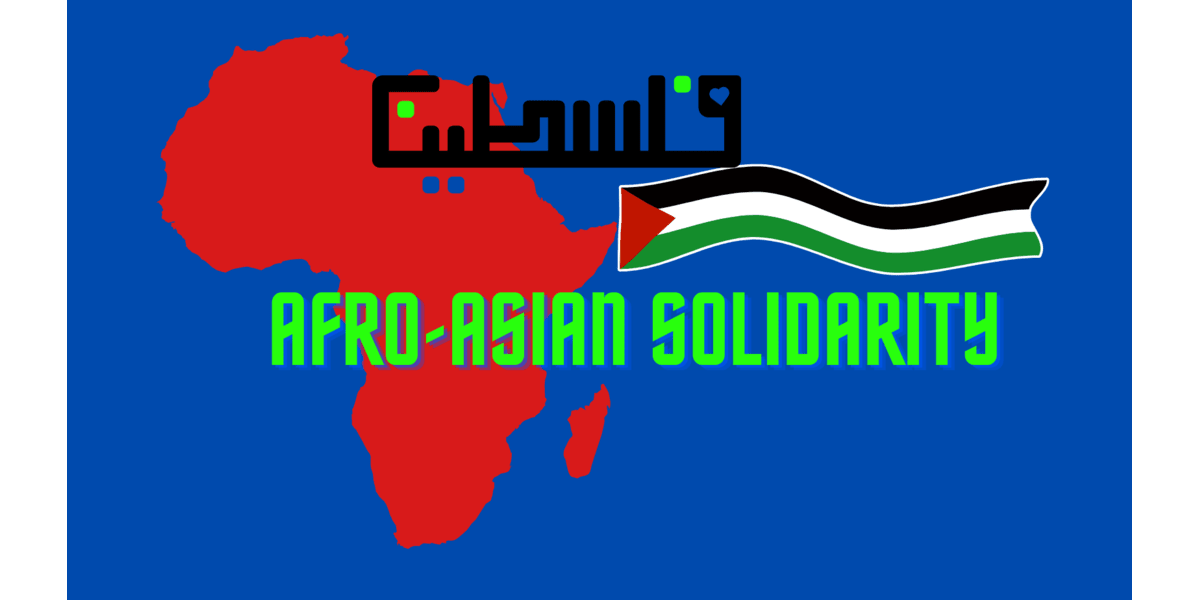In late 1970, at the University of Dar-es-Salaam in Tanzania, the Afro-Guyanese historian Walter Rodney (1942-1980) delivered one of his most controversial speeches. Before a captivated audience, he exposed his uncompromising internationalism, speaking in defence of kidnappings by Latin American guerrilla movements and aeroplane hijackings by Palestinian freedom fighters. His speech was published in The Standard – Tanzania’s largest newspaper due to the editorial leadership of Frene Ginwala (1933-2023), a young Marxist South African Indian woman involved in Nelson Mandela’s African National Congress.
As the ethnic cleansing and genocide of Palestinians is livestreamed through social media, how Palestinians should resist – and indeed exist and even die – seems to be up-for-debate. In the UK, even as the death count of Palestinians started to soar, mainstream news anchors bullied guests for failing to condemn Hamas. A 16-year siege that has created the world’s largest open-air prison and 75 years of settler colonialism were constructed as asides or ignored entirely.
Taking an uncompromising stance becomes important at this moment.
Rodney called on Tanzanians not to impose conditions on their solidarity with Palestinians. Noticing that many around him repeated the anti-terrorism propaganda in the Western media when, after 1967, Palestinian liberation movements gained momentum and support and called for an armed struggle.
He wrote: “If we call ourselves ‘revolutionary’ in Tanzania, we cannot be out of sympathy with those who, because their objective condition is different, define their revolution differently.”
If Palestinian movements resorted to acts of terrorism, for Rodney it was because Israeli colonialism and the ignorance of the international community left them no other option. Hijackings by the Popular Front for the Liberation of Palestine (PFLP) served to ensure that the Palestinian cause stayed in the headlines. Yet Rodney was clear: Palestinians had the right to liberate themselves by any means necessary.
One state solution
Repeating the demands of the Popular Front for the Liberation of Palestine (PFLP) – as well as other internationalists such as the Pakistani agitator Eqbal Ahmed or the public intellectual Edward Said – Rodney took a clear stance in favour of the one-state solution, unlike large sections of the (non-Palestinian) left today. The idea that Palestinian political and human rights could be realised via democratic and secular state for both Arabs and Jews, as Rodney says, ‘based on the principles of socialism and equality’. Rodney questioned calls for a two-state solution – even today Oslo has been undermined by Israel’s an ongoing settler colonial project, whose existence depends on the ethnic cleansing and now genocide of Palestinians.
Rodney also questioned those who framed the question of Israel-Palestine as a dispute over the 1967 borders and argued: ‘We are in danger of forgetting that the original problem concerns the brutal displacement of 1,500,000 Arabs from their Homeland when the state Israel was set up with connivance of the colonialist.’ (More recent estimates place the number of displaced at 800,000, but this does not alter the relevance of Rodney’s statement.) Rodney centred what is known amongst Palestinians as the Nakba (the catastrophe) of 1948 as the starting point of ‘conflict’, not 1967.
Rodney’s speech went against the official position of the Tanzanian state led by the charismatic president Julius Nyerere (in power 1965 to 1985). Although the Tanzanian president opposed imperialism better than most African leaders, having turned Tanzania into a rear-base for the anti-colonial guerrilla movement in Africa, there were limits to his internationalism and militancy.
Nyerere invested significant trust in the US-sponsored United Nations, seeing it as a platform to mobilise for the anti-colonial struggle in Southern Africa. However, Nyerere’s stance meant backtracking support for Palestinian Liberation as his party supported a UN resolution to ban Hijacking in November 1970.
Liberation by the masses
‘International solidarity grows out of struggle in different localities’, Rodney once wrote. Rodney’s own revolutionary internationalism reflected his consistent engagement in anti-imperialist struggles in all of the geographies he lived in.
Rodney belonged to the era of Third Worldism that raged against an imperialist system that pitted the developed Western capitalist countries against the impoverished nations of the Global South. Here, national liberation movements in the Third World were the epicentre of the world revolution. As a Marxist, Rodney stood on the left-wing fringes of that project.
Where Third World regimes like Nyerere’s Tanzania envisioned anti-imperialism alliances between oppressed nation-states, Rodney considered the alliances between the working masses of the Global South as more genuine. His articles on Palestine express the best forms of anti-imperialist solidarity of that era. They remind us of the need to build a stronger internationalism in support of Palestinian liberation today.
Today, from London, to New York, to Cape Town, to Dhakka, we, the people, continue to build for the liberation of Palestine and for us all. The institutions have failed. The leaders have failed. The people must not.










